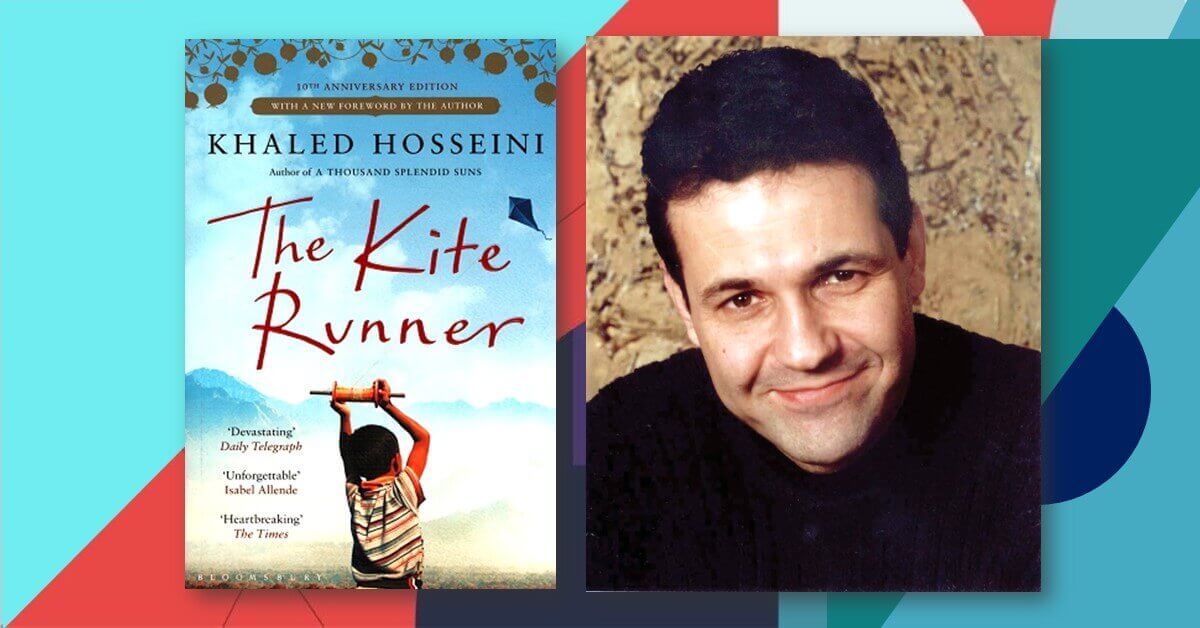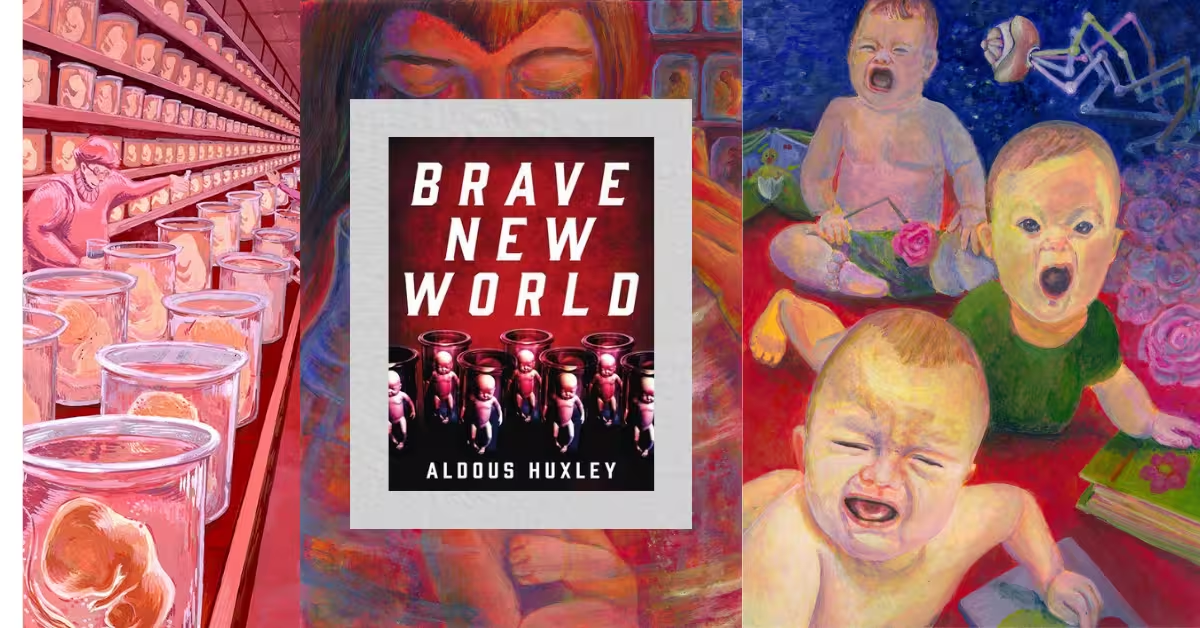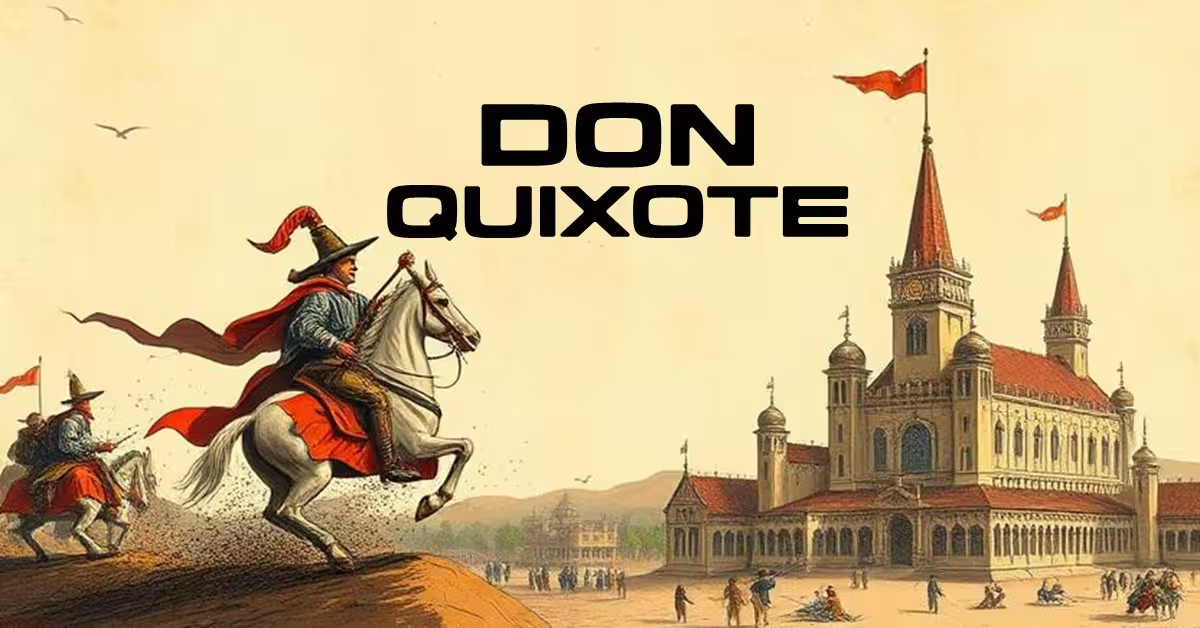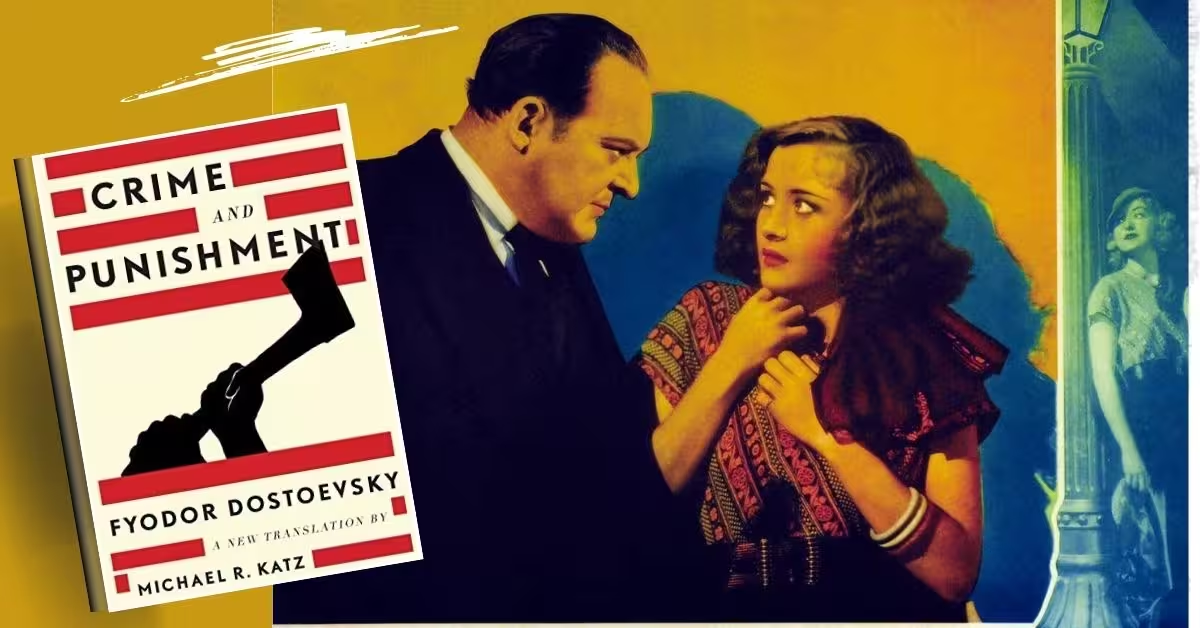Last updated on December 15th, 2024 at 12:16 pm
The Kite Runner by Khaled Hosseini is a novel based on a story about two childhood friends, Hassan and Amir, from Wazir Akbar Khan district of Afghanistan which unfolds many twists and turns and surprises. The story began during the rule of the last King Mohammad Zahir Shah to the U.S. invasion of Afghanistan after the 2001 Twine Tower tragedy.
Growing up with Amir, Hassan was a child of their household servant Ali. Hassan’s family belonged to the Hazara ethnic community with the Shia Islamic faith, and while most of the Hazaras served as servants to the dominant Sunni majority Pashtuns, and had were considered less of human beings and treated harshly.
Plot Overview
The story begins with Amir recalling his childhood in 1970s Afghanistan. Living in a large, luxurious home in Kabul, Amir enjoys the privileges of wealth and status.
However, his friendship with Hassan, the son of their Hazara servant Ali, provides a constant undercurrent of guilt and class tension. Despite growing up together, playing games, and flying kites side by side, the two boys come from different worlds. Amir is a Pashtun, a member of the dominant ethnic group, while Hassan is a Hazara, a persecuted minority in Afghanistan.
Hassan’s mother, Sanuabar, left Hassan when he was less than a week, old with a group of singers. Beautiful she was, she could not accept Ali as a husband because of his bizarre polio-stricken handicap body.
Growing together, Amir as Master’s son and Hassan servant’s, developed the skill of flying kites, which was a part of pride and Afghan culture. Apart from flying kites, Hassan mastered the skill of running slingshots and running kites. Running the second to last flying kite of any competition was equally considered as winning it.
The central turning point occurs during the annual kite-fighting tournament, a beloved tradition in Kabul. Amir is determined to win the tournament and earn his father’s pride and affection, something he has always felt deprived of.
He sees victory as a way to bridge the emotional distance with his father, Baba, a man whose imposing presence has always overshadowed him. Amir wins the tournament, and Hassan, ever loyal, promises to retrieve the last kite—the trophy of victory. However, what should have been a moment of triumph turns into a nightmare when Hassan is cornered by Assef, a sadistic older boy, and his cronies in an alley. As Amir secretly watches from his hiding place, paralyzed by fear, Assef rapes Hassan in an act of cruelty that shocks both the characters and the readers.
Assef’s father had a close tie with Daud Khan, brother of ouster King Zahir Shah.
Assef raped Hassan in a blind alley when he went running the kite. In the dark of twilight Assef and his gang members ambushed him and demanded that he has to pay a price for the kite. Hassan, instead of giving up the kite for his friend Amir, let Assef rape him which Amir witnessed from afar and did not do anything to save Hassan. Amir, since then started to consider himself as a criminal for not saving Hassan and letting the horrible thing happen right before his sight.
After the incident, Amir framed Hassan for stealing his birthday gift money to get rid of Hassan and his father. To Amir’s dismay, Hassan confesses to the false accusation to protect Amir, a final act of loyalty that breaks Amir’s heart. As a result, Hassan and his father Ali leave Baba’s household, a loss that impacts Baba deeply but remains unspoken. Amir decides to do that out of anger and feeling of guilt for being a coward so he does not have to see his friend and deal with him anymore. Amir’s father eventually dismissed Ali and Hassan after forty years of being together.
However, when Amir’s mother died giving birth to him, his father hired a woman to breastfeed Amir and Hassan.
In 1981, when the Soviet Union captured Afghanistan, along with many other Afghans, Amir’s family sought political asylum in the US through the Pakistani route at the hands of human traffickers.
In 1989, with the complete withdrawal of Russians from Afghanistan, the war between Afghans and Mujahedeen began. As the Northern Alliance took over Kabul, different factions claimed different parts of Kabul during 1992 and 1996. But in 1996 with the initiation of the Taliban reign, everything changed. They caused more damage to Afghanistan, among which was the 1998 Mazar-e-Sharif massacre of the Hazara community. Kite fighting was banned.
Having a telephone call from Rahim Khan, Amir’s father’s friend, who was in Pakistan in 2001, Amir had flown to meet him. Rahim was waiting to reveal the long-concealed secret to Amir. He said that their house in Kabul was occupied by the Taliban, and Hassan and his wife were executed on the street by the Taliban, and their son Suhrab was given to an orphanage.
Moreover, Rahim Khan revealed that Hassan was his half-brother from Sanuabar. Amir’s Father slept with a servant’s wife, which nobody knows until the very moment. Rahim Khan told him that he must find out Suhrab in Taliban-controlled Kabul and must bring him to Pakistan to a safer place. Then, Amir began his dangerous journey to Kabul to rescue Suhrab.
Determined to atone for his past sins, Amir sets out to find and rescue Sohrab, hoping to provide him with the life Hassan would have wanted for his son. What follows is a harrowing journey through a devastated Afghanistan.
Risking his life, Amir decided to find out about Suhrab and got to know from an orphanage that the boy was taken by a Talib leader, who uses him as a dancer and rapes him. Amir ended up at the Talib leader’s house to demand Suhrab.
Amir was surprised to know the identity of the Talib leader, the rapist of his friend Hassan, who stoned to death a man and a woman in public view in the Gazi Stadium, a few hours ago: Assef. Amir saw the execution of the two during the halftime of a football match.
Amir agreed to a one-on-one fight with Assef while his guard was waiting outside the door with Kalashnikovs dangling to take Suhrab away. Because of Suhrab’s intervention with the slingshot, Amir narrowly escaped his death and got away with Suhrab to Pakistan.
Amir had to face a diplomatic battle to avail of an adoption visa for Suhrab from the US embassy because of a changed US adoption policy. In the meantime, Suhrab attempted to commit suicide and yearned for ‘the old of his life’, an Afghanistan where there was no chaos, parents, grandmother, or relatives besides him.
Finally, Amir was able to take Suhrab to the US where he had to deal with Suhrab’s broken and traumatised psyche. I like it when the author writes of Suhrab: ‘ I brought Hassan’s son from Afghanistan to America, lifting him from the certainty of turmoil and dropping him in a turmoil of uncertainty”.
Why I liked The Kite Runner
The Kite Runner is written in a very deep philosophical and compassionately descriptive sense. The breath-taking portrayal of Kabul’s natural beauty and Afghanistan’s cultural tenets kept me riveted. The mountains, the snow, the winter, the lakes, the kite fighting were thoroughly narrated, as if you are part of them, inseparably.
The jealousy of Amir towards Hassan for being excessively loved and favoured by his father, and his constant struggle to win over his father’s love can one make feel the want of parental love.
The unflinching loyalty of Hassan to his master and Amir was unmatched, no matter what happens. The squalid condition of the Hazar community, the superiority and prejudices of Pashtuns and the treatment the Hazara people have to accept are capable of breaking one’s heart. The sectarian prejudices eroded the communal fabric.
True that people always feel connected and yearn for their lost childhood, watan, the homeland. No place in the world can be compared with homeland, motherland, the land of one’s childhood, growing up.
The Kite Runner also lets you know the prevalent practice of homosexuality among Afghans, mostly among the radical section of Muslims of Afghanistan: The Talibs.
Lessons from The Kite Runner
Redemption and Atonement
One of the most poignant lessons I took away from The Kite Runner is the transformative power of redemption. Amir’s guilt over betraying Hassan consumes him for years, but it is only when he confronts his past that he begins to heal. Hosseini masterfully shows that atonement is not just about seeking forgiveness from others, but about making amends with oneself.
When Rahim Khan says, “There is a way to be good again”, it echoes the truth that redemption is possible, but it requires facing the hardest truths about ourselves. This lesson speaks to anyone who has ever carried regret, reminding us that it’s never too late to seek redemption.
The Complexity of Human Relationships
The novel also delves into the complexity of human relationships, particularly the dynamic between Amir and Hassan.
While Amir loves Hassan, he also envies and resents him, revealing the ambivalence that can exist in close relationships. This mirrors the complexities of real-life friendships, where loyalty and betrayal often co-exist in delicate tension.
Amir’s eventual realization that Hassan was more than just a servant, but a brother, is a powerful reminder of the bonds we overlook and the people we take for granted until it’s too late.
The Impact of Societal Divisions
The Kite Runner is set against the backdrop of political and ethnic tensions in Afghanistan, which heavily influence the characters’ lives. The novel exposes the ways in which these divisions—ethnic, social, and economic—can warp personal relationships and lead to tragedy.
The Hazara-Pashtun divide serves as a reminder of how society’s prejudices can infiltrate even the most intimate relationships. It prompts readers to reflect on the ways we may unconsciously perpetuate societal injustices in our own lives.
Courage and Sacrifice
The novel teaches us about courage—not the heroic, grand gestures, but the quieter, more personal bravery of doing what is right.
Amir’s decision to return to Afghanistan to save Sohrab is not just about rescuing a child; it’s about confronting the ghosts of his past. This kind of courage is something we all need, whether in facing our mistakes or standing up for what we believe is right. For me, this lesson felt deeply personal, as it reminded me of moments in my own life when I needed to find the courage to face difficult truths.
Conclusion
Finally, Amir and his wife’s deprivation of a child of their own compels them to consider Suhran as their child. The language, the words of wisdom of The Kite Runner exemplify the beauty of creative writing and colloquialism. This is one of my other book reviews.
The Kite Runner by Khaled Hosseini is an unforgettable novel that not only captivates with its gripping narrative but also offers profound life lessons on overcoming adversity and seeking redemption.
Amir’s journey from guilt to redemption teaches us about the weight of our past actions and the courage it takes to confront them. The novel reflects on the complexities of human relationships and the enduring power of forgiveness, making it an essential read for anyone looking to transform their mindset.
Its themes of overcoming personal failures and finding a path to purpose through redemption align beautifully with the other transformative reads listed in 7 Life-Changing Books to Transform Your Mindset, offering deep insights into resilience and the possibility of new beginnings.






